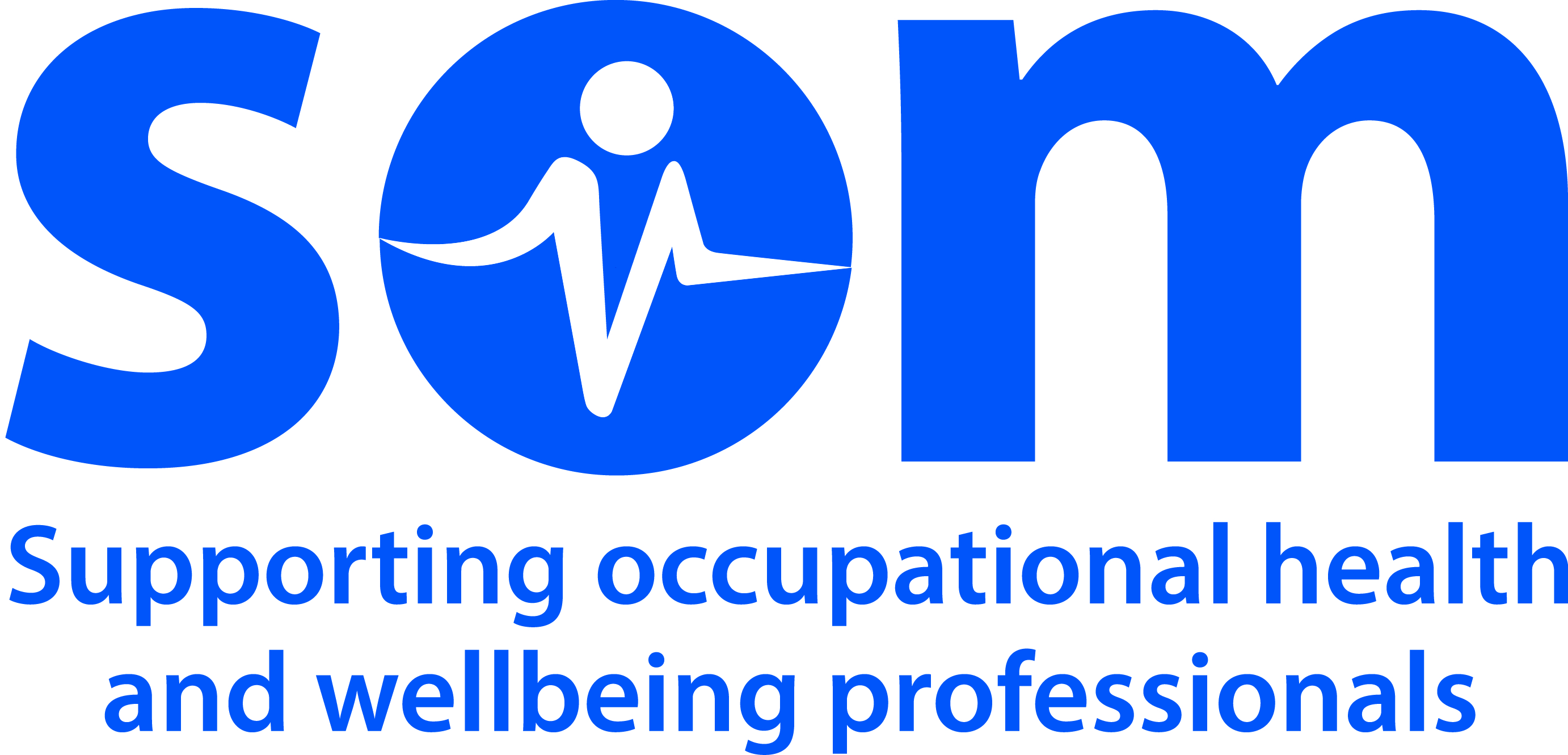Sudden incapacity at work

Occupational Health Considerations
Occupations that carry an enhanced risk in the event of sudden medical incapacity (such as syncope or hypo) are employees driving operating (open) machinery, working at heights, working with live electricity, near or over open water, control rooms, commanding dangerous or high value resources (e.g. tank farm or financial deals), at risk of being alone for prolonged periods or in enclosed spaces where retrieval would be problematic. Psychiatric conditions that are a risk in these scenarios are less common than organic disease but should not be overlooked. Medications used to treat some conditions (e.g. epilepsy) may in themselves be an occupational health hazard.
The risk can be to the worker themselves, to others in the working vicinity or to very large or critical assets.
Sudden medical incapacity such as due Type 1 IDDM hypo or epileptic seizure may pose a safety risk in some working environments.
It can be challenging fro OH professionals to render an accurate representation of the risks of such an adverse event. as such guidelines have emerged in various industries on how to apply the purely medical facts of the case to a risk assessment.
In most jurisdictions, the most ubiquitous of these guidelines are often medical standards for driving. Typically these do not bar specific diseases but set out (sometimes complex) criteria that must be met for driving to be permitted.
Clinical Aspects
Conditions to consider include IDDM, IHD, syncope, seizure, delusional disorders, PTSD, intoxication with alcohol or drugs, history of excessive alcohol or drug use and others.
My reflection

